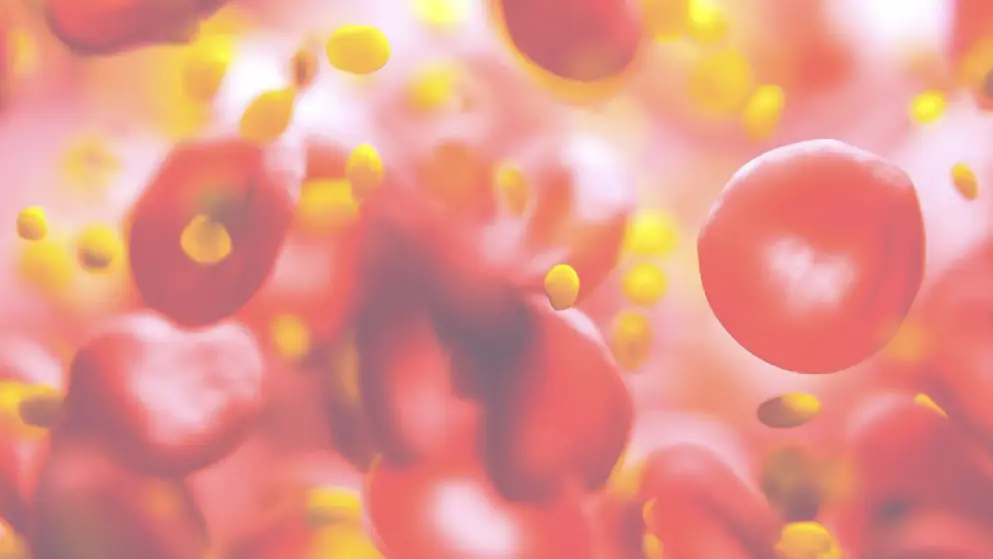
FDA approves first-in-class Evkeeza for young children with homozygous familial hypercholesterolemia
Regeneron Pharmaceuticals, Inc. announced the FDA has extended the approval of Evkeeza (evinacumab-dgnb) as an adjunct to other lipid-lowering therapies to treat children aged 5 to 11 with homozygous familial hypercholesterolemia (HoFH)
Evkeeza is the first angiopoietin-like 3 (ANGPTL3) inhibitor treatment indicated for children as young as 5 years old to control dangerously high levels of low-density lipoprotein cholesterol (LDL-C) caused by HoFH. Evkeeza was initially approved as an adjunct to other lipid-lowering therapies in those aged 12 years and older with HoFH in February 2021.
HoFH is an ultra-rare inherited condition that affects approximately 1,300 people in the U.S. and is the most severe form of familial hypercholesterolemia (FH). HoFH occurs when two copies of the FH-causing genes are inherited, one from each parent, resulting in dangerously high levels (usually greater than 400 mg/dL) of LDL-C. Those living with HoFH are at risk for premature atherosclerotic disease and cardiac events even in their teenage years. Many patients are not diagnosed or are only diagnosed later in life.
“Guidelines recommend screening all children at high risk for homozygous familial hypercholesterolemia starting at age 2. However, until now, a positive diagnosis was often met with the frustration of having limited treatment options to help these children,” said Carissa M. Baker-Smith, M.D., MPH, Co-Director of Nemours Cardiac Center Cardiovascular Research and Innovation Program, Director of Nemours Cardiac Center Pediatric Preventive Cardiology, pediatric cardiologist, and a trial investigator. “By adding Evkeeza to standard lipid-lowering therapies in this pivotal trial, children were able to reduce their LDL-C, with the vast majority able to achieve declines of nearly 50%. These are clinically meaningful results that physicians should consider when developing a treatment approach for these young patients.”
Despite treatment with other lipid-lowering therapies, children entered the Phase III trial with an average LDL-C level of 264 mg/dL, more than twice the target (<110 mg dl) for pediatric patients with hofh. with the addition of evkeeza, children were able to reduce their ldl-c by 48% at week 24 on average, meeting the trial’s primary endpoint. significant reductions were also observed in other key secondary endpoints including levels of apolipoprotein b (apob), non-high-density lipoprotein cholesterol (non-hdl-c) and total cholesterol. the safety profile of evkeeza observed in these patients (n="20)" was consistent with the safety profile observed in adults and pediatric patients aged 12 years and older, with the additional adverse reaction of fatigue. fatigue was reported in 3 (15%) patients. the most common adverse events (aes) occurring in gereater than 15% of patients were covid-19 (n="15)," pyrexia (n="5)," headache (n="4)," throat pain (oropharyngeal pain, n="4)" as well as upper abdominal pain, diarrhea, vomiting, fatigue, nasopharyngitis, rhinitis and cough (all n="3)." most reported aes were mild or moderate, and none led to study discontinuation.

